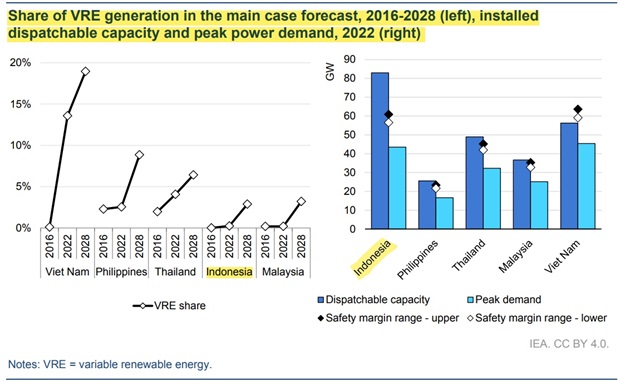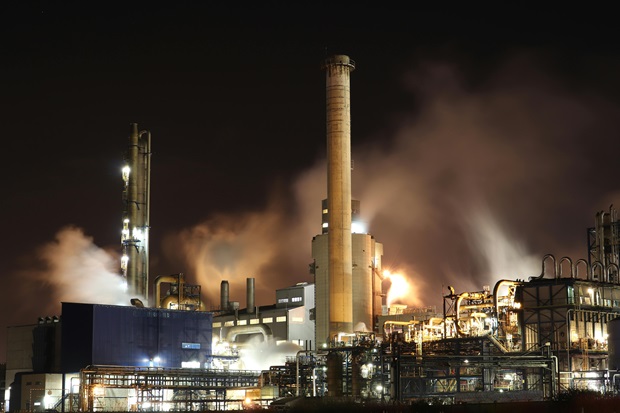A latest report from the International Energy Agency (IEA) claimed that delays in the execution of policies are proving a deterrent in the deployment of renewable energy in Indonesia.
“For the ASEAN region, our forecast is mostly unchanged from last year. In Indonesia, the government issued a decree in 2022 to establish a policy framework for a new auction-based renewable energy support system. However, the detailed regulations necessary for procurement and project development were still pending as of October 2023, which has delayed the expected positive impact of the new policy,” the IEA report said.
The IEA report said that the over capacity of fossil fuels in the South Asian countries also counter the growth of renewables.
“Existing coal- and gas-fired power plant overcapacity in some ASEAN countries, including Indonesia, the Philippines, Thailand and Malaysia, remains a major obstacle to faster renewable energy deployment. Over the last decade, many countries in the region overinvested in conventional generation assets, mainly coal-fired, based on optimistic power demand projections and conservative safety margins for installed capacity,” the IEA report said.

The IEA report said that as a result of more fossil fuels, today reserve margins (excess of dispatchable capacity over peak demand) in the region often exceed 50% and reach over 90% in Indonesia.
The IEA report said that the use of international financial support, through initiatives such as the Just Energy Transition Programme, could be considered to reduce financial pressure on government budgets. “Viet Nam and Indonesia are already taking advantage of this opportunity, having signed their JETP agreements in 2023,” the report said.
“Until 2028, variable renewable energy (VRE) generation in the Philippines, Thailand, Indonesia and Malaysia is expected to remain below 10% – in integration phase 2 in most cases, according to IEA categorisation (see the section on VRE shares later in this chapter for an explanation of system integration phases). In other The report also talked about the roadmap of the country till 2028. It said, “Until 2028, variable renewable energy (VRE) generation in the Philippines, Thailand, Indonesia and Malaysia iswords, adjusting power system operations to accommodate additional VRE capacity is expected to require relatively straightforward flexibility measures and limited investments,” the report said.

